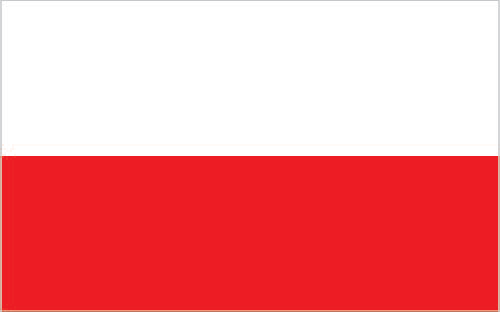About the town » Elbląg, Elblag, Warmia-Masuria, Poland
Elbląg is a city in northern Poland with 124,257 inhabitants (December 31, 2011). It is the capital of Elbląg County and has been assigned (since 1999) to the Warmian-Masurian Voivodeship. Previously it was the capital of Elbląg Voivodeship (1975–1998) and a county seat within Gdańsk Voivodeship (1945–1975). The city is a port on the river Elbląg, which flows into the Vistula Lagoon about 10 km to the north, thus giving the city access to the Baltic Sea via the Russian-controlled Strait of Baltiysk. It was first mentioned as "Ilfing" in The Voyages of Ohthere and Wulfstan, an Anglo-Saxon chronicle written in King Alfred's reign using information from a Viking who had visited the area. During the Middle Ages, the Old Prussian settlement of Truso was located on Lake Drużno, near the current site of Elbląg in historical Pogesania; the settlement burned down in the 10th century. Early in the 13th century the Teutonic Knights conquered the region, built a castle, and founded Elbing on the lake, with a population mostly from Lübeck (today the lake, now much smaller, no longer reaches the city). After the defeat of the Teutonic Knights and the destruction of the castle by the inhabitants, the city successively came under the sovereignty of the Polish crown (1466), the Kingdom of Prussia (1772), and Germany (1871). Elbing was heavily damaged in World War II, and its German citizens were expelled upon the war's end. The city became part of Poland in 1945 and was repopulated with Polish citizens.

